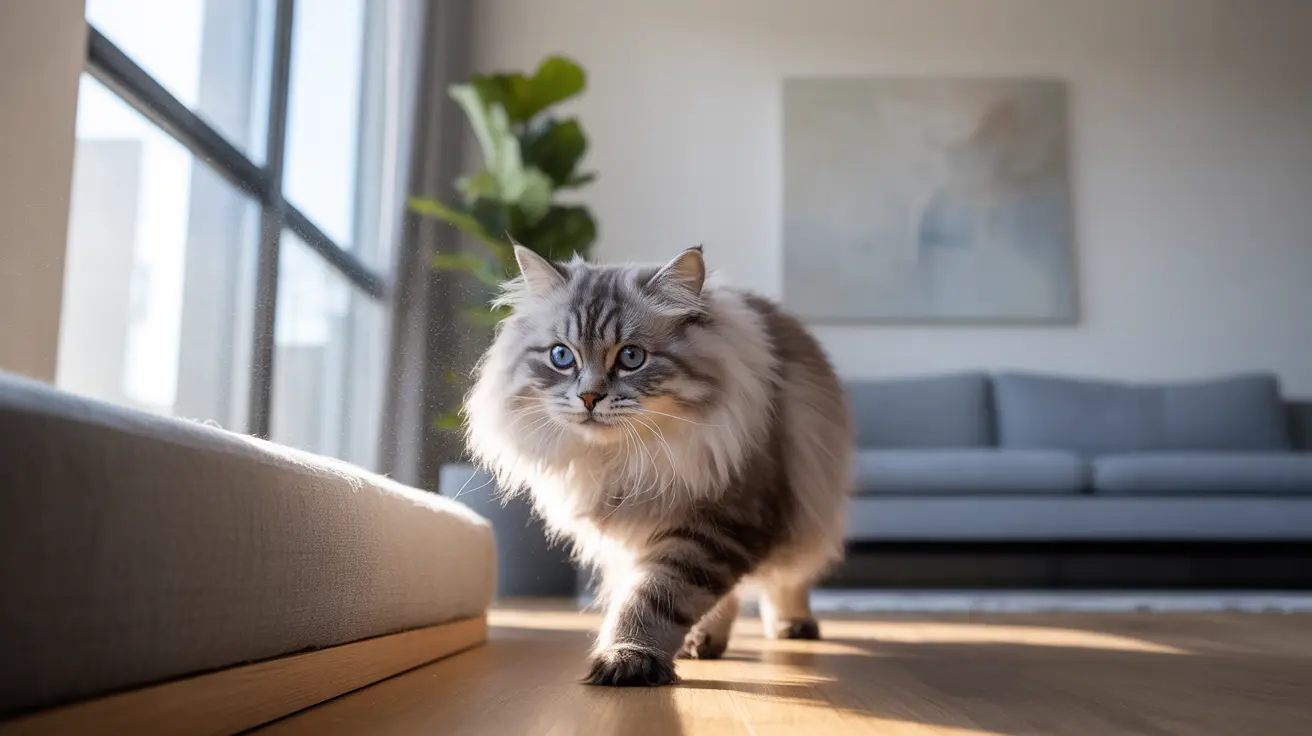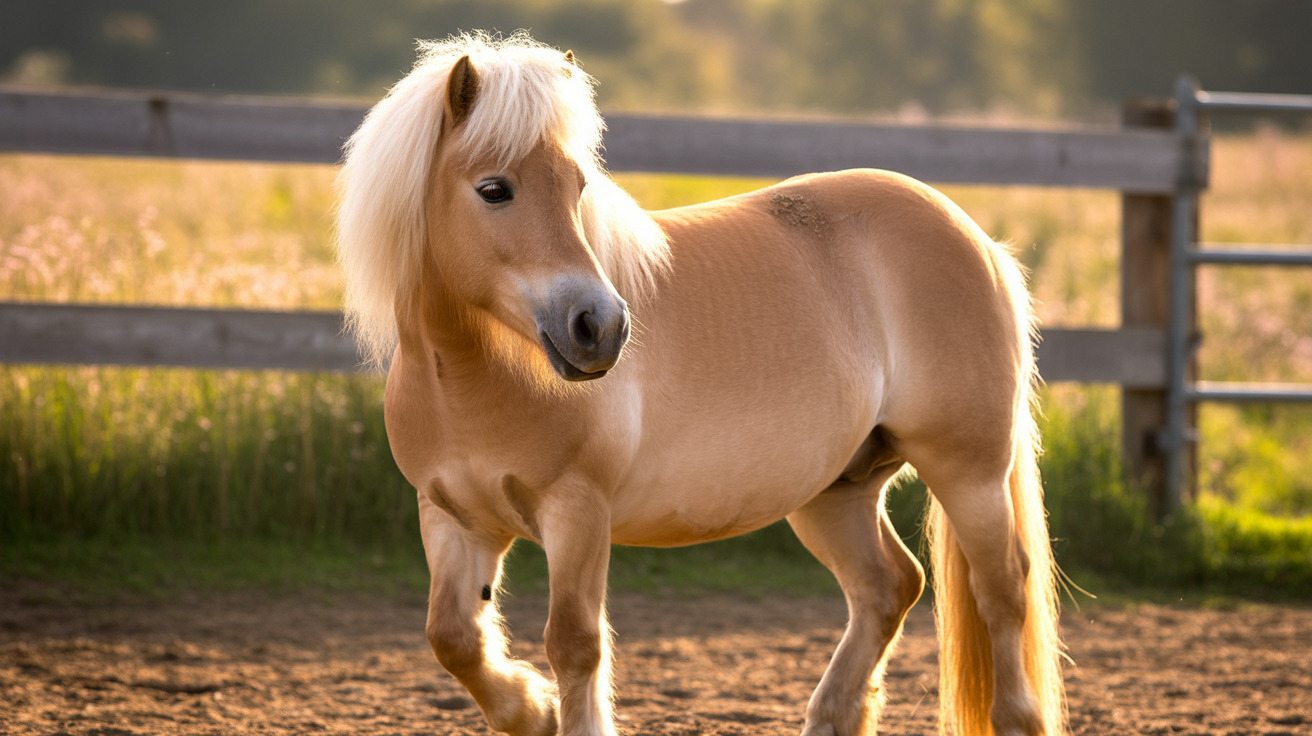Recognizing vision problems in cats can be challenging, as our feline friends are masters at adapting to gradual changes in their eyesight. Whether you're concerned about your cat's vision or want to be prepared for potential issues, understanding the signs of blindness in cats is crucial for their well-being and prompt medical care.
In this comprehensive guide, we'll explore the tell-tale signs of blindness in cats, common causes, and how to support a visually impaired feline companion. By learning to recognize these indicators early, you can ensure your cat receives the care they need when it matters most.
Key Signs Your Cat May Be Experiencing Vision Loss
Physical Signs
Visual indicators of blindness often start with changes in your cat's eyes and physical behavior:
- Uneven or dilated pupils that don't respond to light
- Cloudy, discolored, or inflamed eyes
- Eye discharge or noticeable changes in eye appearance
- Squinting or apparent discomfort around bright lights
Behavioral Changes
Cats experiencing vision loss typically display several characteristic behavioral changes:
- Bumping into furniture, especially after you've rearranged items
- Walking with unusual caution, often with legs spread wider
- Staying close to walls when moving around
- Reluctance to jump or misjudging distances
- Increased vocalization, particularly in unfamiliar situations
Common Causes of Feline Blindness
Understanding the potential causes of blindness can help you identify and address vision problems early:
- High blood pressure (particularly in senior cats)
- Retinal detachment
- Cataracts
- Glaucoma
- Eye infections or inflammation
- Trauma or injury
- Genetic conditions
Diagnosing Vision Problems in Your Cat
If you suspect your cat is losing their vision, consider these assessment methods:
- Observe their response to silent hand movements near their face
- Watch how they navigate in dim lighting
- Notice changes in their confidence level when moving around
- Monitor their ability to find food bowls and litter boxes
- Pay attention to any changes in play behavior
Supporting a Blind Cat
Cats with vision impairment can lead happy, fulfilling lives with proper support:
- Keep furniture arrangements consistent
- Use scent markers to help them navigate
- Place textured mats near important areas
- Maintain regular feeding schedules
- Speak before approaching to avoid startling them
- Consider blocking access to dangerous areas
Frequently Asked Questions
How can I tell if my cat is going blind based on its eyes and behavior?
Look for physical signs like cloudy eyes, uneven pupils, or changes in eye appearance. Behavioral indicators include bumping into objects, walking cautiously, and showing reluctance to jump or explore new spaces.
What are the common causes of blindness in cats and how do they affect vision loss?
Common causes include high blood pressure, retinal detachment, cataracts, glaucoma, and infections. Some conditions cause sudden vision loss, while others lead to gradual deterioration that may be harder to notice initially.
How do cats adapt to gradual or sudden vision loss at home?
Cats typically adapt well to gradual vision loss by relying more on their other senses, particularly hearing and smell. They create mental maps of their environment and use their whiskers for navigation. Sudden vision loss may require more support and patience during adjustment.
When should I take my cat to the vet if I suspect they are losing their sight?
Seek immediate veterinary care if you notice sudden changes in your cat's eyes or vision-related behavior. Early intervention can sometimes prevent or slow vision loss, particularly with conditions like high blood pressure or infections.
What environmental changes can help support a blind or visually impaired cat safely?
Create a safe environment by maintaining consistent furniture arrangements, using texture cues near important areas, removing hazards, and keeping food and litter boxes in familiar locations. Avoid sudden changes to their environment that might cause confusion or anxiety.
Conclusion
Recognizing vision problems in cats requires careful observation and understanding of both physical and behavioral changes. While discovering your cat is losing their vision can be concerning, remember that cats are incredibly adaptable creatures who can maintain a high quality of life with proper support and care.
If you notice any signs of vision loss in your cat, consult with your veterinarian promptly. Early detection and treatment can make a significant difference in managing vision problems and ensuring your cat's continued well-being.






